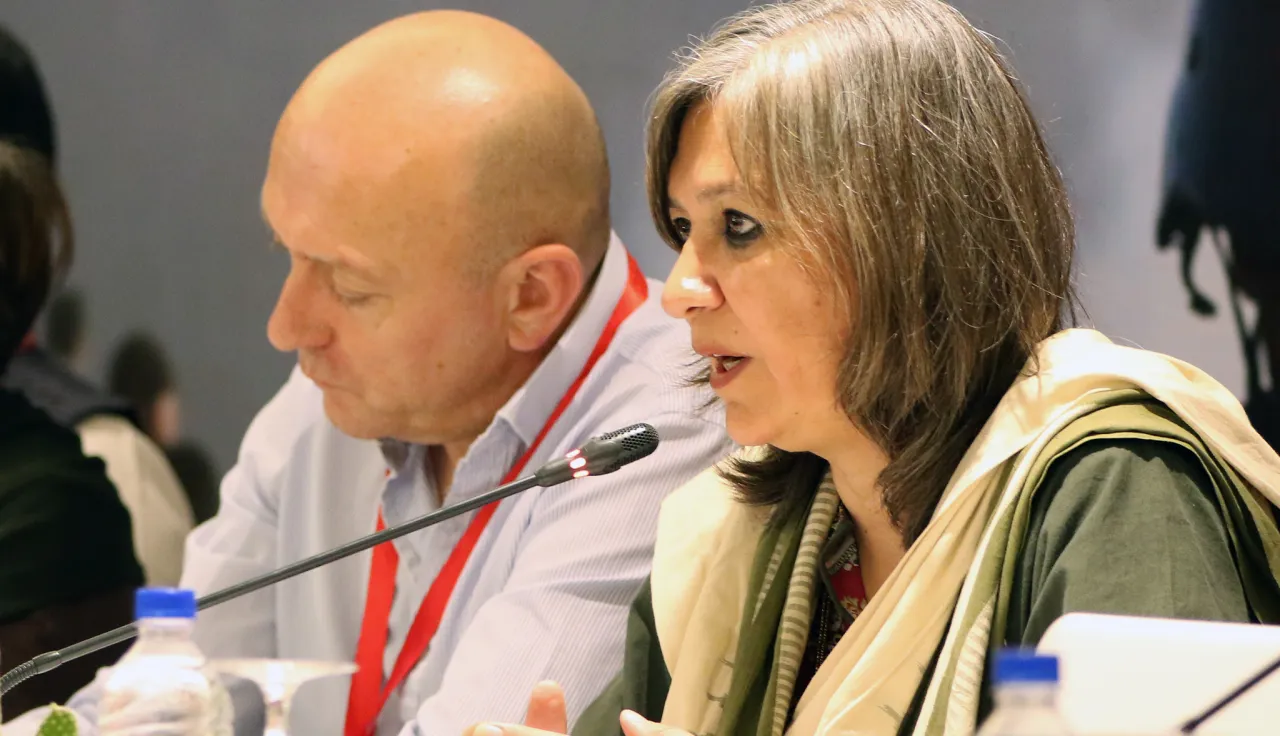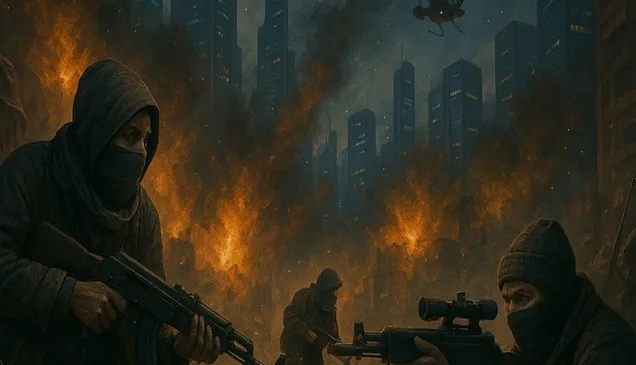Bangladesh: Journalists discuss challenges to responsible and humanitarian journalism

Journalists from across East Asia discussed challenges to responsible and humanitarian journalism in the age of new media during a two-day meeting in Dhaka. The October event was organized by the Diplomatic Correspondents Association, Bangladesh and the ICRC, with the aim of prompting debate on reporting during emergencies and crises.
The conference attracted almost 150 participants including university students, diplomats and media professionals and produced recommendations on how media and humanitarian organizations can work together to address the consequences of disaster, conflict and violence.
Opening the event, Bangladeshi State Minister for Foreign Affairs Muhammed Shahriar Alam underscored the importance of journalists during crises, pointing out that "Reporting on an emergency is not like ordinary reporting, as journalists can reshape the situation."
In turn, the head of the ICRC delegation in Bangladesh, Ikhtiyar Aslanov, emphasised that "It is important for journalists and humanitarian workers to interact, as we regularly meet on the ground."

Bangladeshi journalist Anis Alamgir has covered war in Iraq and Afghanistan. "Instead of glorifying the war, our primary duty is to report on vulnerable people and communities who have been facing the consequences." CC BY-NC-ND / ICRC / Sheikh Mehedi Morshed

Nizamuddin Hamidi, a journalist from Afghanistan: "Humanitarian organizations can reach places that the government and sometimes the mainstream media cannot". CC BY-NC-ND / ICRC / Sheikh Mehedi Morshed

Australian journalist Brian John Thomson: "Reporters need to hear the voices of the victims rather than reporting just numbers. It's our duty to give voice to the voiceless. We have a responsibility to tell positive stories, as journalism is a vehicle for change." CC BY-NC-ND / ICRC / Sheikh Mehedi Morshed

Nepalese journalist Dewan Rai highlighted the role of social media in emergencies, such as during the 2015 Nepal earthquake. He felt journalists needed to make more use of social media, but emphasized the need to check its content for authenticity. CC BY-NC-ND / ICRC / Sheikh Mehedi Morshed

Philippines journalist Rowena Paraan: "During the 2009 massacre, when many journalists were killed, the first image that came out was from a citizen journalist." However, she also stressed the importance of verification and of maintaining ethical standards. CC BY-NC-ND / ICRC / Sheikh Mehedi Morshed

Toufique Imrose Khalidi, editor-in-chief of bdnews24.com: "Accuracy is more important than anything else in reporting. In my view, it is even more challenging when we try to report an impending crisis – one that has not happened but that is coming." CC BY-NC-ND / ICRC / Sheikh Mehedi Morshed



